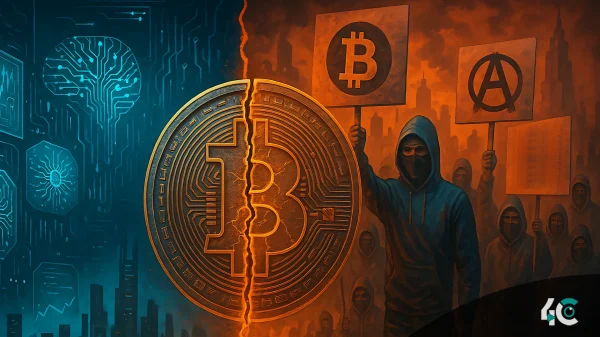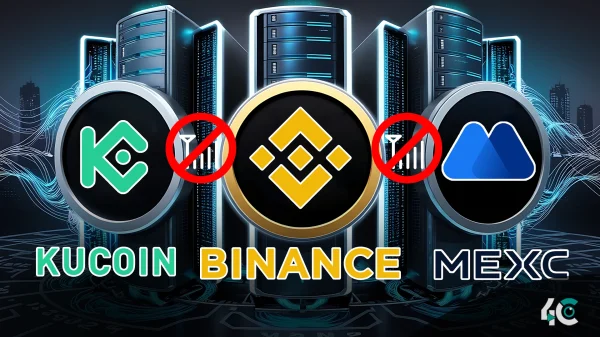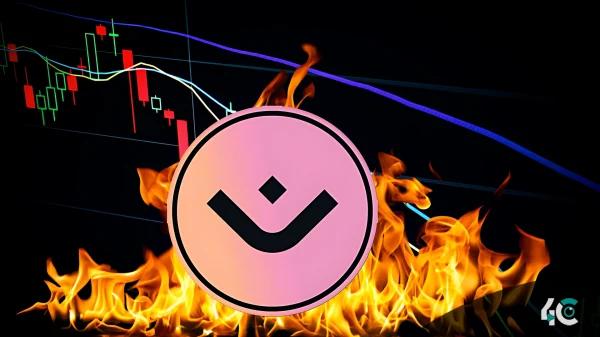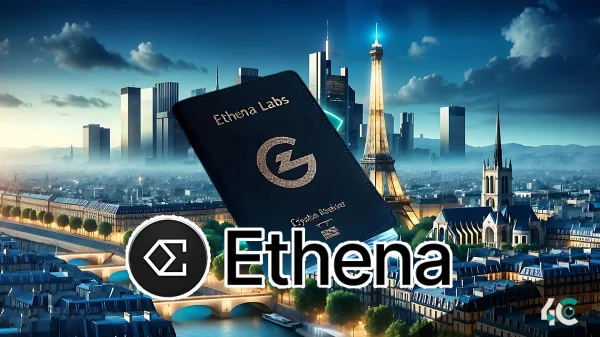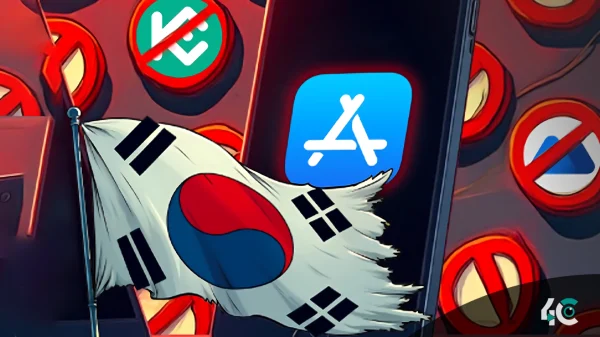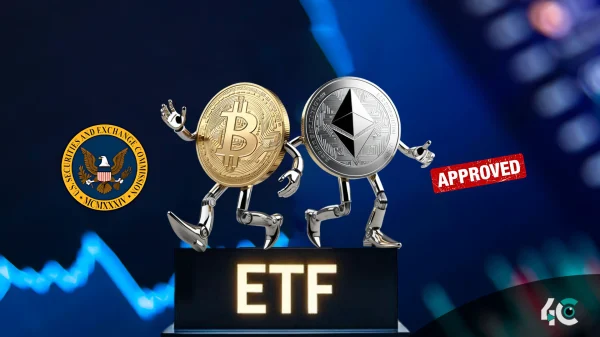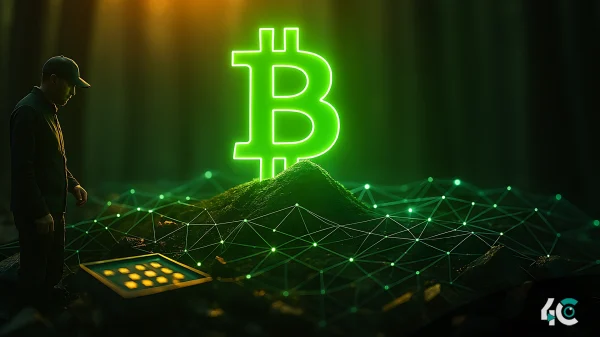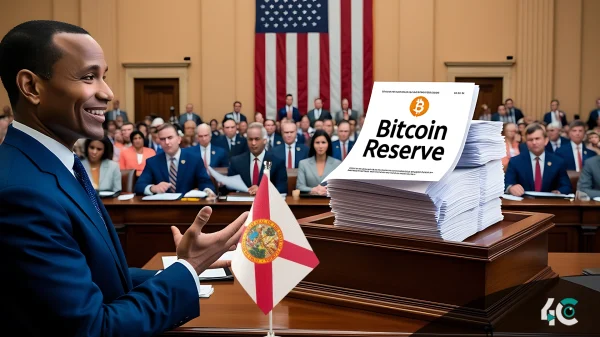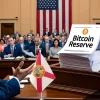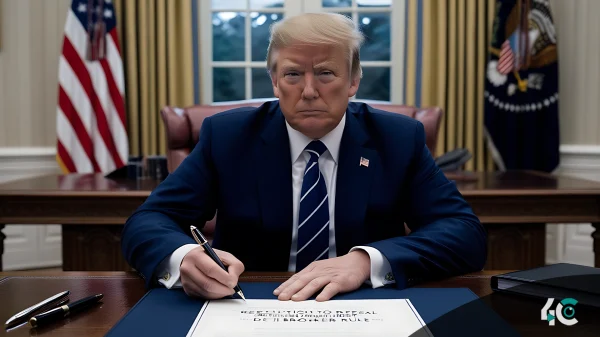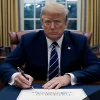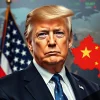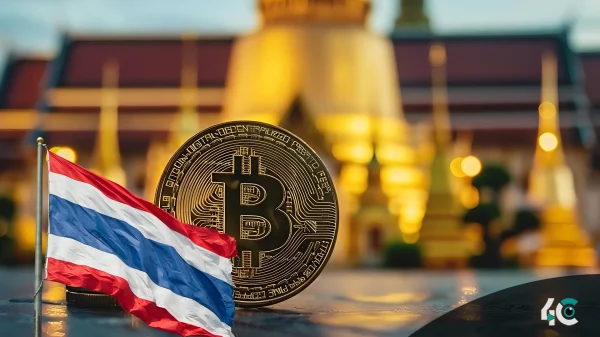Blocksquare’s introduction of an innovative real estate tokenization framework in Luxembourg marks a significant advancement in the European blockchain industry. This novel method allows property owners to tokenize economic rights associated with real estate while retaining complete ownership, bridging the gap between blockchain assets and traditional legal safeguards.
This framework intends to make real estate investment more accessible by allowing ordinary investors to join with smaller financial inputs. Blocksquare uses blockchain technology to speed transactions, boost market liquidity, and eliminate legal concerns surrounding tokenized property ownership.
The debut comes following the recent approval of the European Union’s Markets in Crypto-Assets Regulation (MiCA), which creates clear legal parameters for crypto-related financial services. Petrovcic emphasized that MiCA removes much of the regulatory uncertainty that had previously hampered real estate tokenization, making it easier and faster for businesses to develop compliant investment platforms.
Blocksquare’s expansion to Luxembourg puts the company at the forefront of real estate tokenization in Europe, lowering the regulatory burden on property owners while ensuring complete compliance with each transaction. As demand for real-world asset (RWA) tokenization rises, industry experts expect exponential development in this sector, which could reach $30 trillion by 2030.
Following successful pilot projects in Slovenia, Blocksquare plans to expand into Belgium, Austria, Germany, Poland, and France, intending to attract institutional investors and large-scale real estate corporations. By combining blockchain technology and existing property rules, Blocksquare is paving the path for a more accessible and legally safe future for real estate investing.


